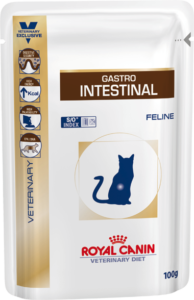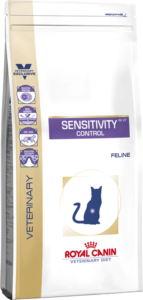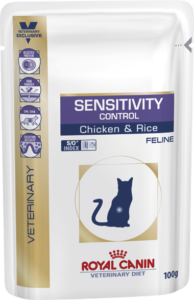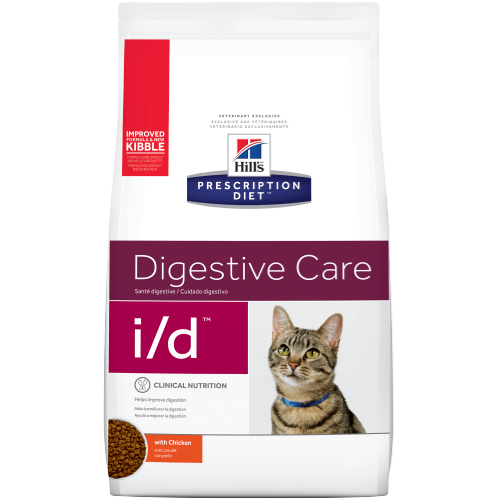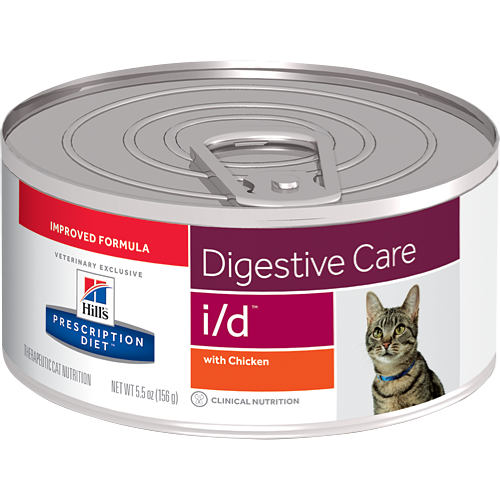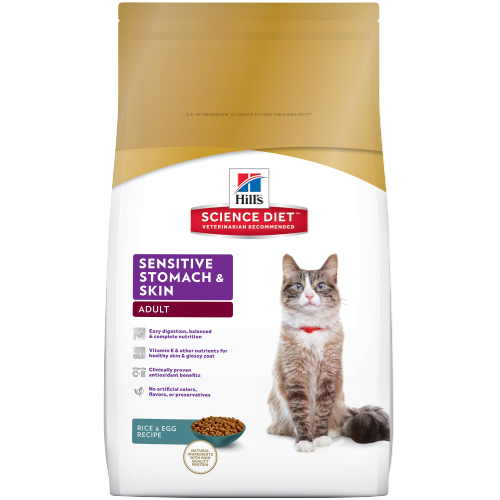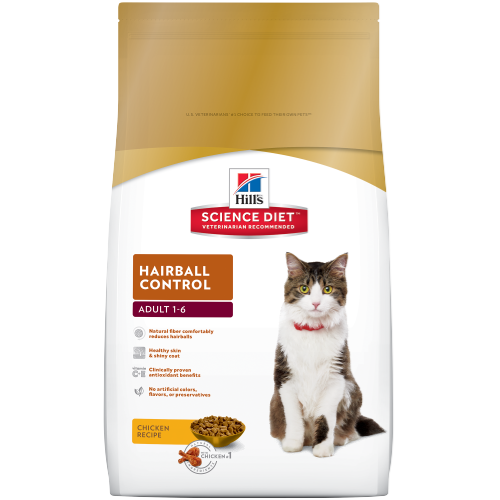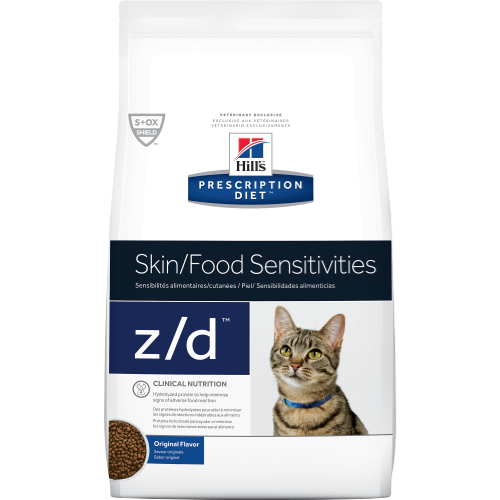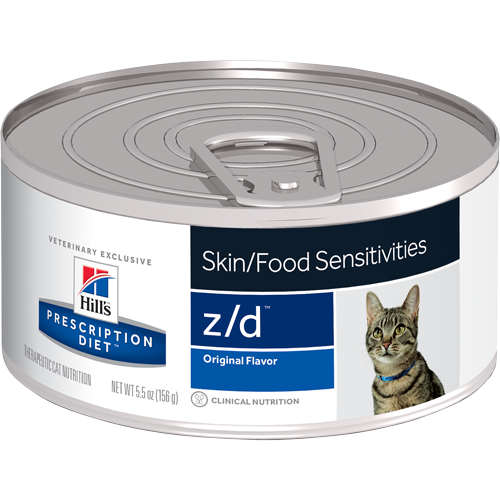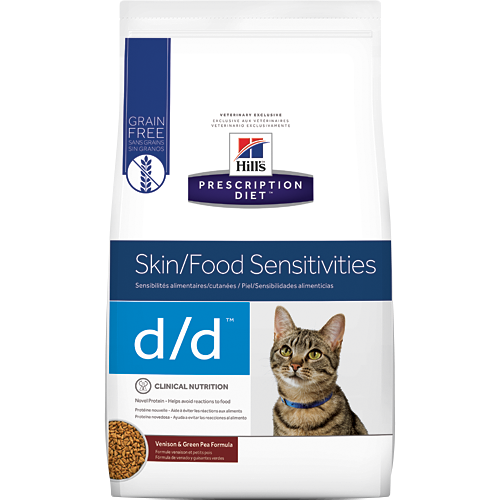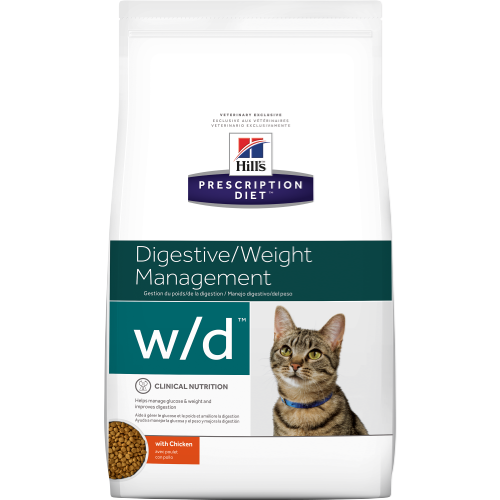What are cat gastrointestinal and digestive disorders?
A digestive disorder (gastrointestinal disorder) is any condition that prevents proper digestion or alters the rate at which food passes through the digestive tract. Digestive disorders are one of the most common reasons for consulting a veterinary practice.
Digestive disorders can lead to dehydration, malnutrition or other serious health issues so it is important to recognise the signs and consult with your veterinarian.
There are many different types of digestive disorders. The causes of digestive disorders range from eating something different or not appropriate for cats to inflammation of gastrointestinal organs, food intolerance or sensitivities, infections, or lack of digestive enzymes. Some cat breeds such as Sphynx, Rex and Ragdoll are more prone to particular digestive problems. Your veterinarian may carry out tests to determine the exact cause of your cat’s GI problem.
Commonly diagnosed conditions include:
- Actute Gastroenteritis
An inflamed digestive tract, usually short-term. Causes may include eating rancid or spoiled food, swallowing foreign objects, eating toxic plants, internal parasites, stress, food allergies and some disease conditions.
- Colitis
- Diarrhoea
- Constipation
Usually caused by dehydration, insufficient fiber intake, ingesting hair or other foreign objects, aging, tumors, trauma or fractures, spinal cord disease, large bowel nervous disorders, metabolic or endocrine disorders and debilitation, and lack of exercise.
- Pancreatitis
An inflammation or infection of the pancreas (an elongated, tapered gland that is located behind the stomach). Origins are frequently unknown. Potential causes are decreased blood flow (due to dehydration, or other disease processes) infections, disease or trauma.
- Irritable Bowel Syndrome
Commonly associated with chronic inflammation and discomfort of a cat’s bowels, but is typically not directly linked to gastrointestinal disease. Some suspected causes include food intolerance and the ability of the cat food to effectively pass through the gastrointestinal tract. Mental distress can also be a contributing factor for this condition.
- Exocrine Pancreatic Deficiency
This condition is characterized by weight loss, increased appetite and large amounts of soft feces. Chronic pancreatitis is the most common cause.
- Small Intestine Malabsorbtion
Inflammation of the small intestine impairs nutrient absorption and results in persistent diarrhoea, weight loss and loss of appetite in your cat.
Does my cat have gastrointestinal or digestive disorder?
 he most common signs of cat stomach problems and digestive disorders are soft stools or diarrhoea. You may also notice some or all of the following signs in your cat.
he most common signs of cat stomach problems and digestive disorders are soft stools or diarrhoea. You may also notice some or all of the following signs in your cat.- Vomiting
- Regurgitation
- Flatulence
- Weakness
- diarrhoea/constipation
IMPORTANT: If your cat has diarrhoea or is vomiting, she may become severely dehydrated. Consult your veterinarian if you notice any of these signs.
Sourced by Hills.com
Hills Science Diet Products
Royal Canin Products
